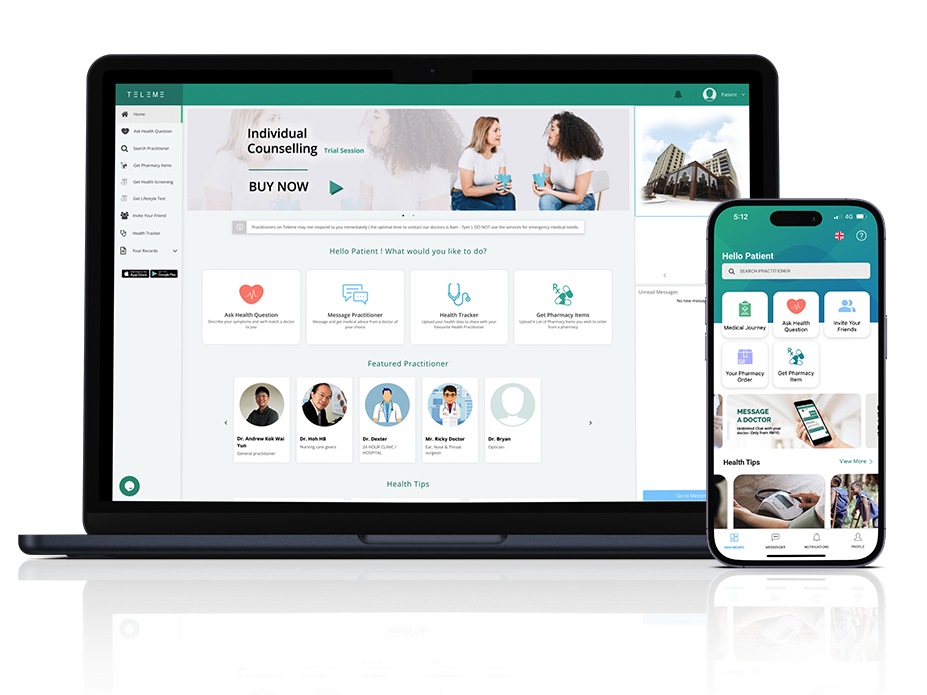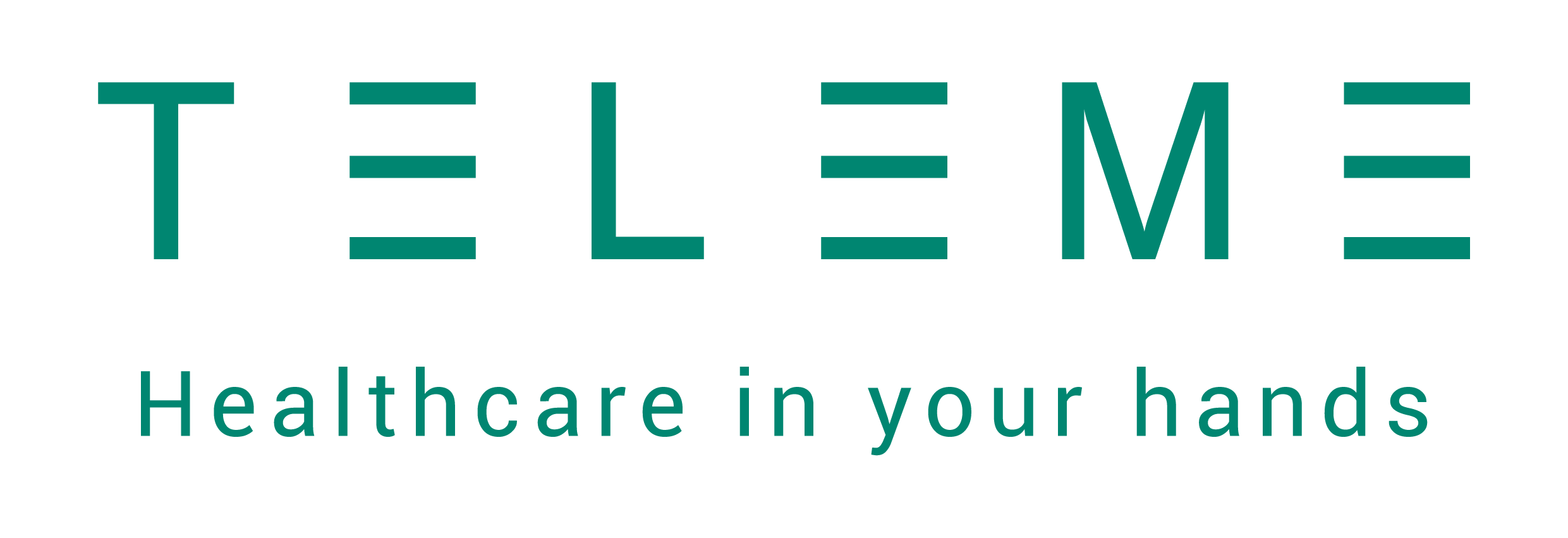
Causes of Stroke
Stroke is one of the top 5 causes of death and a major cause of disability. A stroke occurs when part of the brain cannot get blood (and oxygen) supply resulting in death of the brain cells causing loss of body function like speech, vision or muscle movement. Strokes can be classified as Ischemic stroke (85%) which is caused by blood vessel blockage due to atherosclerosis or embolus or Haemorrhagic stroke (15%) caused by internal bleeding due to a brain aneurysm or trauma.
Risk Factors
- Heart issues such as heart valve disease or irregular heart rhythm such as atrial fibrillation
- Systemic diseases such as hypertension, high cholesterol or diabetes
- Brain issues such as brain aneurysm or arteriovenous malformation
- Unhealthy lifestyle such as smoking, obesity or lack of exercise
How to recognise the Signs of Stroke
The early signs of a stroke can be easily remember using this acronym FAST. Do NOT wait for the symptoms to go away or take any unnecessary medication. Either call for an ambulance or take the person to the nearest hospital with the facilities to treat stroke.
- Facial muscle weakness on 1 side
- Arm (and/or leg) weakness on 1 side
- Slurred speech or drooping mouth with difficulty chewing or swallowing
- Time to call an Ambulance or take them to a Hospital
Early Management of Stroke
Hospitals with stroke treatment facilities may be able to offer emergency treatment provided the patient is seen within a few hours after the onset of stroke. TIME is crucial because every minute the brain is deprived of oxygen, will mean more brain cell death which cannot be reversed. The treatment options include;
- Clot-busting medication using rTPA should be done with 4.5 hours
- Clot removal procedures (known as thrombectomy) should be done within 24 hours
Prevention
- Measure your blood glucose and cholesterol regularly (recommended 3 monthly)
- Measure and keep good control of your blood pressure
- Change to a more healthy lifestyle and start to exercise regularly
- Learn to eat a more healthy diet
Ask your doctor if you need to take anti-coagulation medication (known as blood thinning drugs) if you are at risk of developing a stroke
Disclaimer. TELEME blog posts contains general information about health conditions and treatments. It is not intended to be a substitute for professional medical advice, diagnosis or treatment. The information is not advice and should not be treated as such.
If you think you may be suffering from any medical condition, you should seek immediate medical attention from your doctor or other professional healthcare providers. You should never delay seeking medical advice, disregard medical advice, or discontinue medical treatment because of information on this website.








